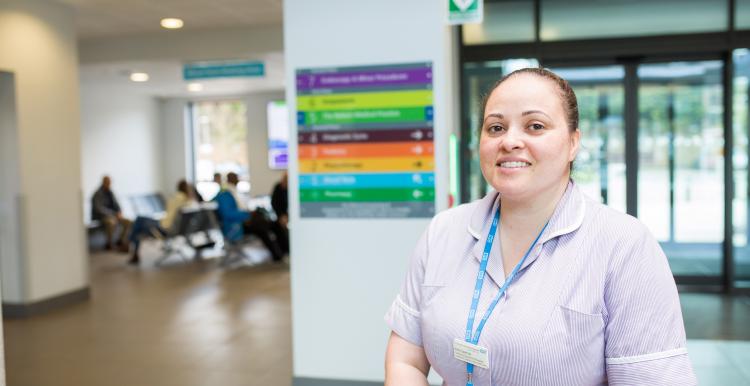Your questions about flu jabs, answered

Flu jab FAQ
It's flu season, and this year is a little different. With worries about flu combining with worries about covid-19, we've put together an FAQ answering the questions we're hearing about.
Take a look through the questions below - and if you're still unsure about anything, get in touch:
0114 253 6688
What is the flu vaccine?
The flu vaccine is offered every year to those who are at higher risk of becoming very unwell if they catch the flu. It's normally delivered as a single injection, though for some people including young children it's a nasal spray.
There is a push for more people to be vaccinated this year, as doctors worry that people will become very unwell if they catch the flu and covid-19 at the same time.
Do I have to pay?
The vaccine is given for free to people who need it most. This includes older people, pregnant women, front line health and social care workers, and people with certain long term health conditions. Find out if this would include you here. If you are eligible for a free flu vaccine, your doctor should write to you and invite you to make an appointment. You can also call them to arrange one yourself.
You could still get the flu vaccine if you're not on this list but you might have to pay for it at a local pharmacy. They tend to cost under £15 but check with your local pharmacy.
Are there enough vaccines?
We know that some people who were told to book a flu jab turned up at their doctors, only to be told they didn't have enough. We've heard about a lack of availability from a few places across the city, so we checked with Sheffield Clinical Commissioning Group (CCG). They said:
We have heard people's concerns about early access and availability issues, and want to reassure you that we expect to fully meet the need this winter with additional flu stocks coming in. We thank people for their patience where they've encountered issues - there will be an opportunity to get a vaccine if you're in an eligible group. It's more important than ever this year to get your vaccine if you're invited by your GP.
If your GP practice tells you they don't have enough stock, let us know and we will report back to help the CCG plan to get vaccines to all the right places.
Is the vaccine halal?
The answer to this is mixed - most adults will receive the injectable vaccine, which is safe for muslims to have. However the nasal spray, which is offered to young children, does contain pork gelatine.
This understandably concerns parents. The best thing to do would be speak to your doctor about alternatives - for some children, the injectable vaccine may be suitable and they can have that instead. If the nasal spray is the only option, you will need to come to your own decision about whether you're happy for your child to have it, and this may depend on their other risk factors.
The Muslim Council of Britain have said the following, and encourage parents to make an informed decision:
Speak to a trusted religious scholar about taking Fluenz if you have concerns about it’s porcine gelatine content. Please do not delay this decision as it is important to protect the health of your child if they are in the high risk category.
Find out more about their stance on their website.
Does the flu jab give you flu?
We all hear people say that they caught the flu after getting their jab, and it makes them wary of getting it again.
The flu vaccine does contain a little bit of flu virus but it is inactive - this means that it can't make you sick. By giving you an inactive version of the virus, your body learns to recognise it and fight it off. This means that if you come into contact with the active virus 'in the wild' you will be better prepared to fight it.
Lots of colds and seasonal illnesses go round in winter, so most people will catch something else and mistake it for flu when they feel unwell. For others, they will have some muscle aching as a side effect from the vaccine (this can happen to some people, but it doesn't last long and isn't dangerous) and associate this with the flu.
Is the flu jab dangerous? Is it linked to Covid-19?
Most of us are anxious this year about covid-19. Lots of people are worried about what catching it would mean for them, so are understandably nervous about anything that could increase the risk. This means that when we hear rumours warning us of dangers, we're more likely to believe them.
This has been happening with flu vaccines and covid-19, with people sharing worries that the vaccine will make them more likely to get covid-19, or rumours about what the vaccine contains.
The NHS says:
Be aware that anti-vaccine stories are spread online through social media.
They may not be based on scientific evidence and could put your child at risk of a serious illness.
This means that even when we're nervous, it's important to look at these claims critically. Who is saying it? What is their evidence? Would anyone actually benefit from doing what the rumour claims?
Make sure you do your research before spreading these messages further. Below are some useful resources to help you make an informed decision and look at claims more critically:
Immunology.org - how do vaccines work?
NHS - why vaccination is important
Sheffield City Council - flu vaccine myth busting
World Health Organisation - what is vaccine hesitancy?
World Health Organisation - flu and vaccine hesitancy are important topics this year


